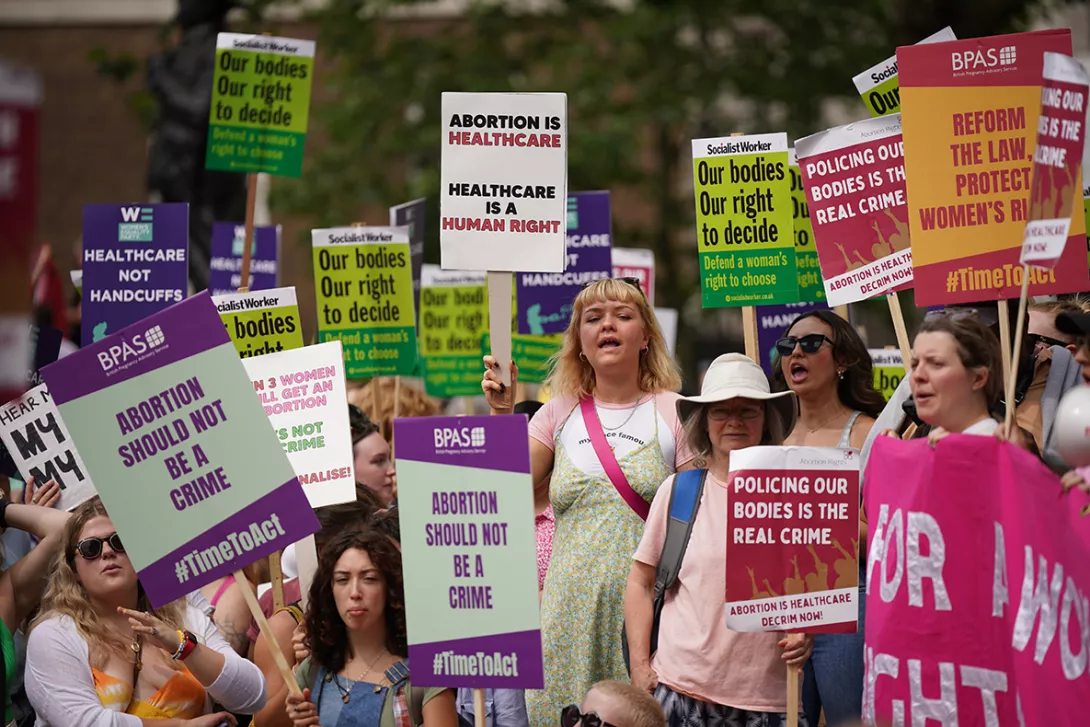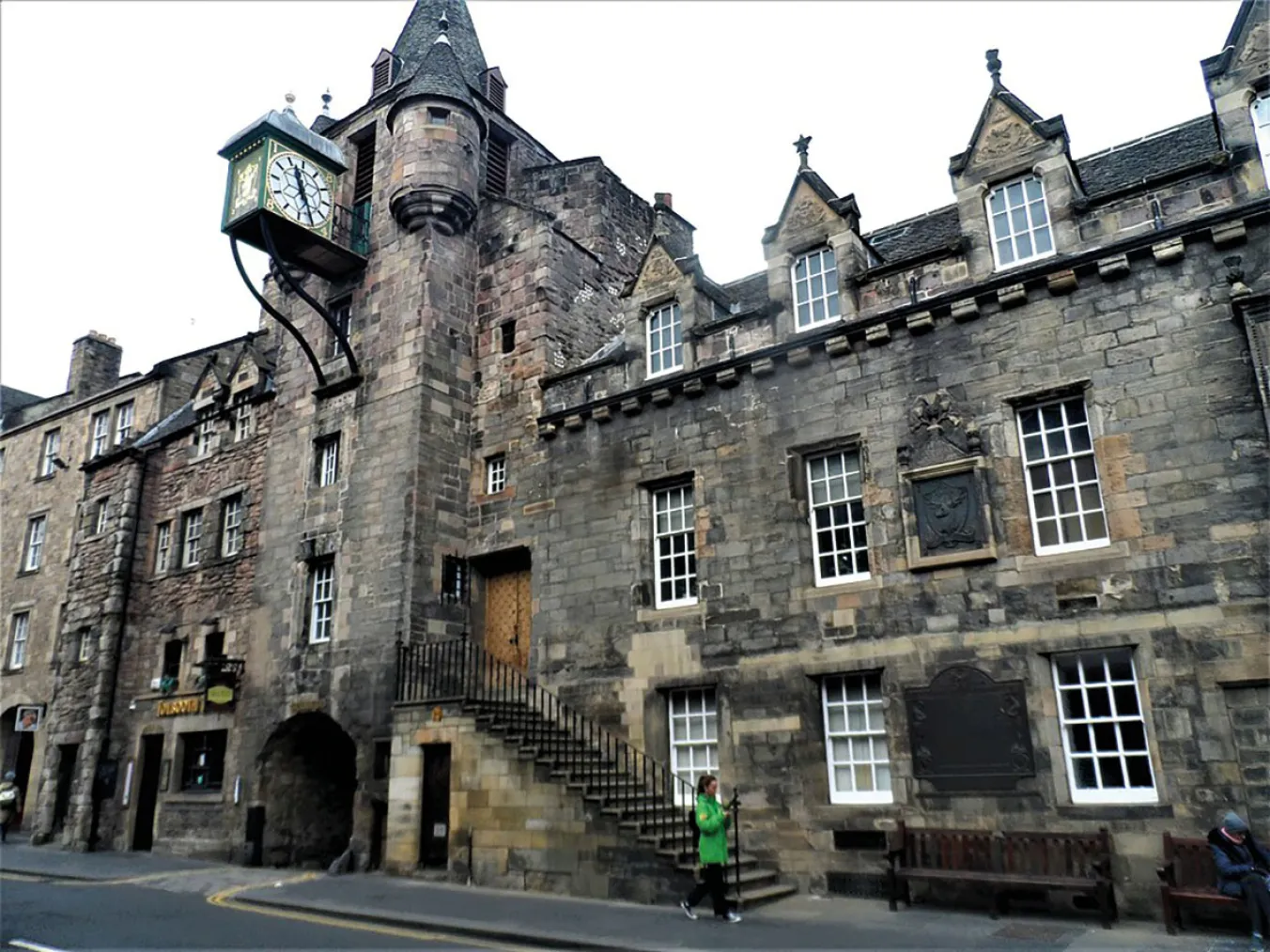The proxy war in Ukraine is heading to a denouement with the US and Russia dividing the spoils while the European powers stand bewildered by events they have been wilfully blind to, says KEVIN OVENDEN
Scotland roped into monarchy mania
What exactly the point of pointing out the late Queen's fondness for her lavish estates north of the border is, is unclear — but already the wave of industrial militancy we were experiencing has been significantly interrupted, reports HAILEY MAXWELL

OVER the course of the last 10 days, a particularly meaninglessness string of words uttered by the commentator Jonathan Sacerdoti have been transformed, through seemingly endless repetition, into something of an incantation.
“She was Queen of Scots as well and it is notable that she died in Scotland, mostly because she loved Scotland and she loved to be in Balmoral, which was like a private place for her,” he opined.
“She took her summers there, many happy family occasions took place there and actually, the royal family has quite a strong connection to Scotland.”
More from this author

HAILEY MAXWELL explains that while safe access zones represent progress, a patchwork of centuries-old laws and common law still leaves women and healthcare providers vulnerable to prosecution

Research is confirming the massive rise in anti-women politics across the world, writes HAILEY MAXWELL, and if our unions are to fight back, they will need a radical reformation of their institutional culture

Although there has been some limited progress, how can we talk about flashy ideas like ‘feminist city planning’ when overall poverty and austerity have savagely attacked the position of the majority of women, asks HAILEY MAXWELL
Similar stories

The closure of Edinburgh’s working-class People’s Story Museum contrasts sharply with lavish funding for aristocratic heritage sites. No-one will fight for our history — or our future — but us, writes MATT KERR

Research is confirming the massive rise in anti-women politics across the world, writes HAILEY MAXWELL, and if our unions are to fight back, they will need a radical reformation of their institutional culture











